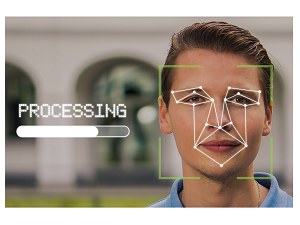
 Facebook has seen no end of trouble lately and has been called before Congress multiple times over the past year to explain themselves and their policies. This is all happening as the US tries desperately to stem the unending tide of mis-information and dis-information and do more to protect children and teens. This is all on the heels of reports that Facebook choose profits over the safety of young people online.
Facebook has seen no end of trouble lately and has been called before Congress multiple times over the past year to explain themselves and their policies. This is all happening as the US tries desperately to stem the unending tide of mis-information and dis-information and do more to protect children and teens. This is all on the heels of reports that Facebook choose profits over the safety of young people online.
The company has taken steps to improve its handling of misinformation and made a few tentative moves in the direction of improving teen and child safety online. Recently however they made a move with some genuine substance to it.
The company invested heavily in its proprietary facial recognition system. They used it to automatically “tag” users in some of the photos uploaded by their legions of users.
Originally it was intended to be a matter of convenience. This feature has caused the company no end of trouble and led to an endless stream of complaints by users and privacy groups around the world.
Although some would argue that it took the company far longer to respond than it should have the company has finally taken action. They have decided to not only shut down Facebook’s facial recognition system but also to delete the facial recognition templates of more than a billion people. That’s big.
Facebook’s VP Al Jerome Pesenti had this to say about the matter:
“The many specific instances where facial recognition can be helpful need to be weighed against growing concerns about the use of this technology as a whole.
There are many concerns about the place of facial recognition technology in society, and regulators are still in the process of providing a clear set of rules governing its use. This change will represent one of the largest shifts in facial recognition usage in the technology’s history”
The company has by no means given up on the idea of facial recognition. Based on the reception the technology has received to this point you can bet that when we see it again in the context of Facebook it will be implemented much more thoughtfully.


Leave Your Comments